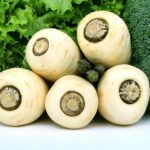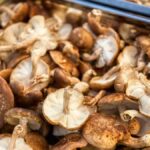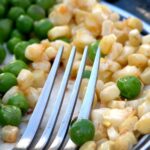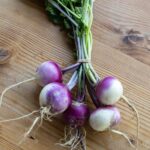Yes, pinto beans are safe for dogs. This delicious food lowers your dog’s cholesterol levels, aids in digestion, and provides your dog with lots of energy to stay their happy, healthy self. Although high in protein, pinto beans cannot replace your dog’s meat-based meal.
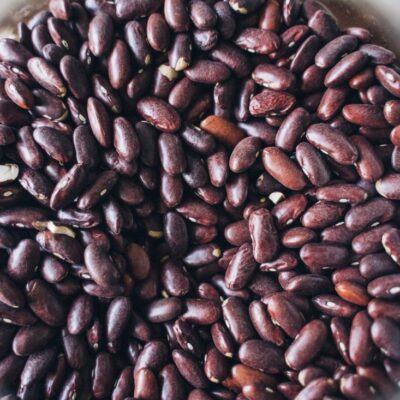
Safe: This food is generally considered safe by the veterinary community. Dogs can eat this food sometimes or in small amounts but contains little to no nutritional value.
| Food Safety | Safe in moderation as a snack |
|---|---|
| Nutritional Value | Plant-based protein, magnesium, fiber |
| Potential Risks | Excessive gas, constipation, lectin |
How to Prepare Pinto Beans for Dogs Safely?
When feeding your dog pinto beans, clean them and soak them for a few hours in clean water. Afterward, drain the water and cook the beans for two to three hours in a pot of water to ensure they are completely cooked.
Uncooked pinto beans can cause lectin poisoning in dogs.
How Much Pinto Beans Are Safe for Dogs?
Your dog can eat 1 or 2 tablespoons of pinto beans without experiencing any adverse reactions. The safe amount of food is different for every dog and depends on their size. Small dogs can have one or two tablespoons, but bigger dogs can have a little more.
Frequently Asked Questions
-
No, dogs cannot eat raw beans. They are harmful to your dog and can cause lectin poisoning.
-
No, dogs cannot eat canned beans. They are full of sodium which is harmful to dogs and quite unhealthy.
-
If your dog has eaten too much pinto beans, they will pass gas excessively. They may also get constipation and other tummy troubles.
